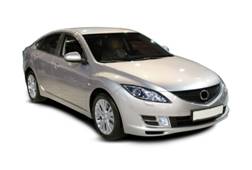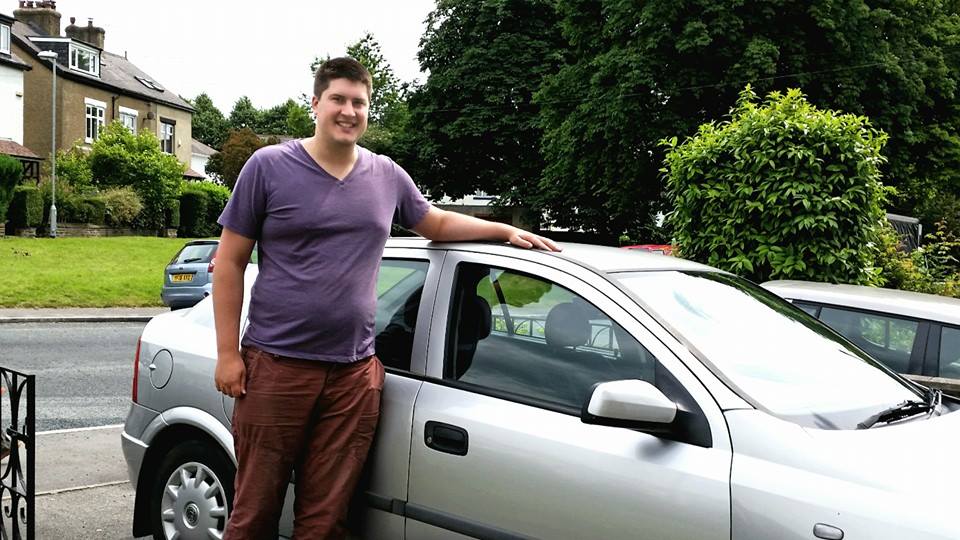 Among the most common expenses shared by household money managers, from all walks of life; transportation costs are a central budgeting concern. And since modern motorists have become accustomed to the convenience of personal mobility, the cost of vehicles, insurance, and maintenance represent the bulk of most people’s individual transportation expenses.
Among the most common expenses shared by household money managers, from all walks of life; transportation costs are a central budgeting concern. And since modern motorists have become accustomed to the convenience of personal mobility, the cost of vehicles, insurance, and maintenance represent the bulk of most people’s individual transportation expenses.
Making prudent transportation decisions can help reinforce your budget, stretching financial resources. And by adjusting your approach, it may be possible to drastically reduce expenditures related to getting around. If transportation costs are dragging-down your monthly cash flow, consider the following cost-cutting measures, which may be enough to turn things around.
Weigh Alternative Transportation
Keeping a personal vehicle is a modern convenience you can’t live without. Or can you? While commutes and other logistical concerns indeed make it impossible for some people to operate without personal transportation, others move locally, making alternative transportation an attractive money-saving option.
The cost of staying on the road extends far beyond the purchase price of your car. In addition to the price paid and associated financing costs, owning a car requires insurance coverage and auto registration – each with a price attached. And keeping your car functioning properly will also set you back, capturing the cost of repairs, fuel, and general maintenance. Eliminating these costs in favor of mass transit or other means of transportation shaves substantial savings from your overall transportation budget. Even if you own a car, you can save money by putting on fewer miles, leaving it in the garage as you take advantage of more cost-effective alternatives, such as public transportation, ride-sharing and peddle power.
Buy an Economical Vehicle
 First car
First car
The vehicle you choose has a significant impact on transportation spending – starting with its purchase price. Financing a car you can’t afford strains your budget, month after month, so it is important to buy within your means. Fuel-efficiency is another important consideration, when evaluating operating costs. In fact, if you drive a long commute or travel for your job, fuel costs are among your most important concerns.
Insurance premiums reflect several pricing variables, including your car’s make and model. If you are committed to reducing transportation spending, buying high-performance and luxury automobiles can work against you. Before making commitments, shop insurance costs for the particular makes and models you’re considering, avoiding insurance surprises you can’t afford.
Find Favorable Financing
There are many ways to cover the cost of a vehicle purchase. Paying cash keeps interest and finance charges out of the equation, but it isn’t always possible to cover such substantial spending with cash on hand. When outside help is needed, conventional financing, available from dealers, banks and credit unions typically extends the best rates and terms, but various lenders offer alternatives for applicants with bad credit. For the best results funding your car purchase, use online resources to compare available options and/or work with trusted local lenders to ferret-out the most affordable approach.
Once committed to a loan, always pay timely, or run the risk of incurring fees and penalties for delinquency or loan default.
Defer Your Vehicle Purchase Until It’s Absolutely Necessary
Extending the life of your car is like taking money to the bank. Each month you put-off a new car purchase represents money saved, when compared to making payments on a replacement vehicle. So while your preference might be upgrading, it pays to make do, whenever possible. Your car’s condition naturally deteriorates over time, so you’ll eventually face replacement realities. But taking care of your car ultimately stretches your transportation budget.
If you lack experience caring for cars or are uncertain about your model’s requirements, consult your owner’s manual for detailed maintenance recommendations. And never underestimate the value of a trusted local mechanic, capable of keeping your car functioning as it should – regardless of its age or mileage.
The cost of staying mobile rises quickly, particularly for multi-car families accustomed to the convenience of personal transportation. If your transportation budget needs help, consider alternative modes of movement and do everything you can to extend the life of your cars. By starting with the right vehicle and financing, you’ll keep costs within your means without sacrificing transportation convenience.
You must log in to post a comment.